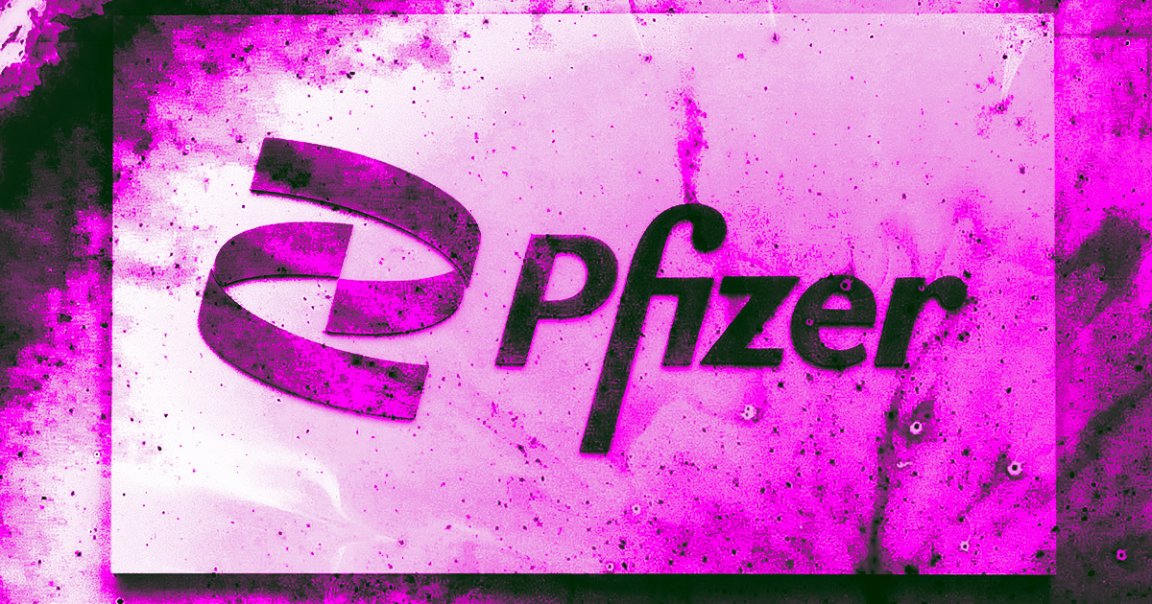
Tragedy has struck during an important Pfizer medical trial, when a young boy suffered a fatal sudden cardiac arrest after receiving experimental gene therapy — a death that’s sent scientists and parents scrambling to find out how this happened, Reuters reports.
The young boy was suffering from Duchenne muscular dystrophy (DMD), a progressive muscle weakness disorder, and was enrolled in a multi-year clinical trial by Pfizer called Phase 2 DAYLIGHT.
The doctors behind the experiment were aiming to track the effectiveness of a particular type of gene therapy called fordadistrogene movaparvovec, in which a harmless virus carries a normal, functional version of the dystrophin gene into muscles.
DMD patients often have a mutated, dysfunctional version of the dystrophin gene, which makes the protein dystrophin — crucial for keeping muscles together in the human body.
DMD impacts one out of 3,500 newborns, Reuters reports, and is mostly a recessive trait linked to the X chromosome, though about 30 percent are from spontaneous mutations.
The Pfizer trial itself was for boys of the ages two to three and involved about 10 patients. Scientists were to follow the patients for five years, from 2022 to early 2029.
The nonprofit patient advocacy group Parent Project Muscular Dystrophy (PPMD) reported that the patient received the gene therapy in early 2023, as per a report from Pfizer.
“We do not yet have complete information and are actively working with the trial site investigator to understand what happened,” read a Pfizer statement released to the PPMD.
In an online message, PPMD president Pat Furlong tried to reassure scared and grieving parents.
“We grieve this loss,” he wrote. “There are no words to describe the unjust nature of a tragedy like this. Let us come together in this time of mourning, holding this Duchenne community near and dear as our hearts feel hollow and our minds search for answers.”
Needless to say, we hope some answers come to light and that the trial will eventually lead to an effective treatment for this condition.
More on Pfizer: Pfizer Cancels New Weight Loss Pill After Patients Experience Serious Side Effects